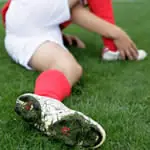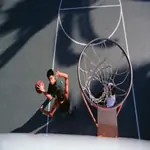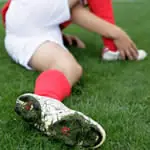Sportsmanship is a subject that hits home for officials, because they're often on the receiving end of many unsporting actions. Poor sportsmanship is one of the leading reasons officials stop officiating. It shouldn't be that way. Officials have an option -- they can do something about it. Everyone has a chance to impact sportsmanship, and officials can and should be involved. Players learn from examples, and officials can make a positive difference.
Confirm your league's commitment to good sportsmanship. Unless the league you officiate in is concerned about good sportsmanship, it will be tough to instill those traits in its players and coaches. Have a talk with your league administrator and review the league's sportsmanship philosophy.
Take control and admonish poor sportsmanship. If players or coaches cross the line when it comes to behavior, assess a penalty. A stern warning or technical foul sends the message that poor sportsmanship will not be tolerated. If you ignore excessive unsporting behavior, you send a message of acceptance.
Compliment players when they make outstanding plays. An official is not at liberty to be a cheerleader, but there is nothing wrong with saying, "Good pass" or "Great defense" if an opportunity allows. A strong illustration of teamwork -- when a player reacts in a manner that clearly helps achieve a group goal -- can be acknowledged, or a player avoiding a violation can be commended. Naturally, such comments should be judiciously offered.
Acknowledge acts of sportsmanship. Any time an official can positively reinforce a gracious act, it helps to reinforce the positive aspect of good sportsmanship. The act of a player picking up an opponent after a collision, or a player congratulating an opponent on a great play, can and should be applauded verbally by an official. A timely positive remark from an official can go a long way in developing good sportsmanship.
Talk to the coaches about their teams. If a player is showing signs of poor behavior on the floor, let the coach know. A coach is the first line of enforcement of good behavior. Since a coach has a direct relationship with players, he or she may be able to get through to a player in a way an official sometimes cannot. Give the coach a chance to rectify the problem.







Discuss This Article